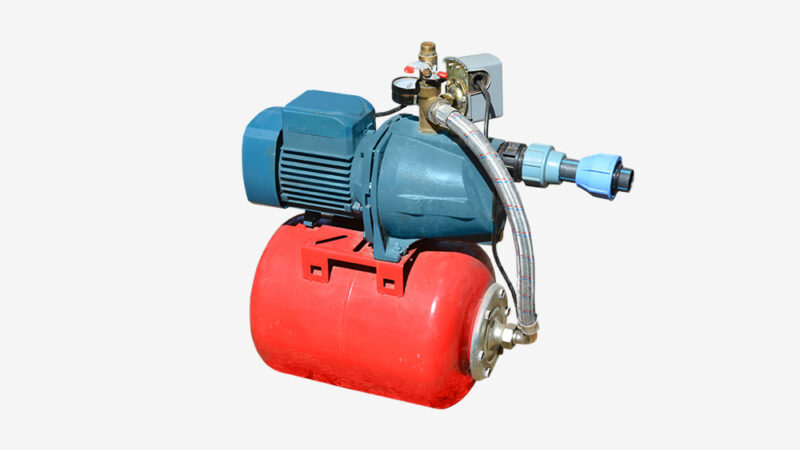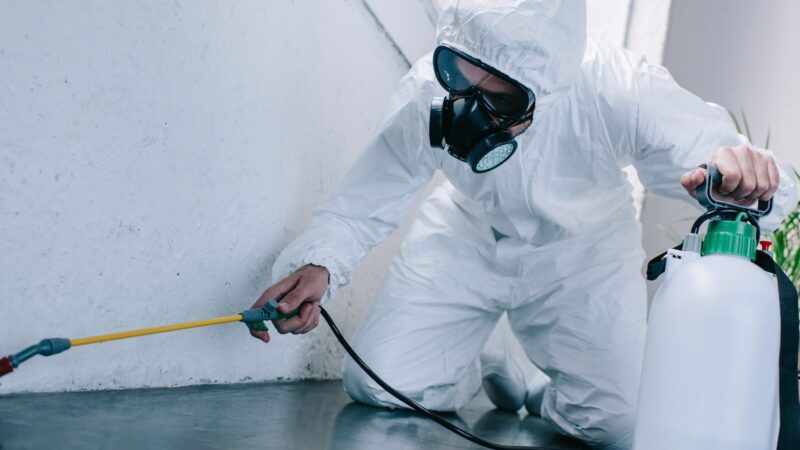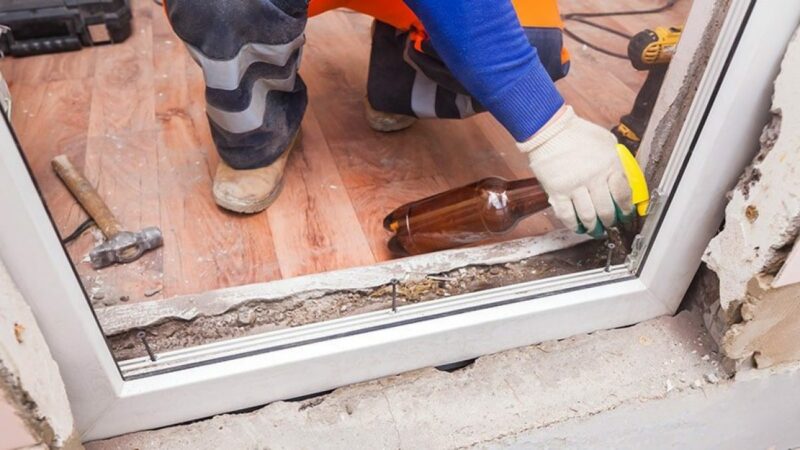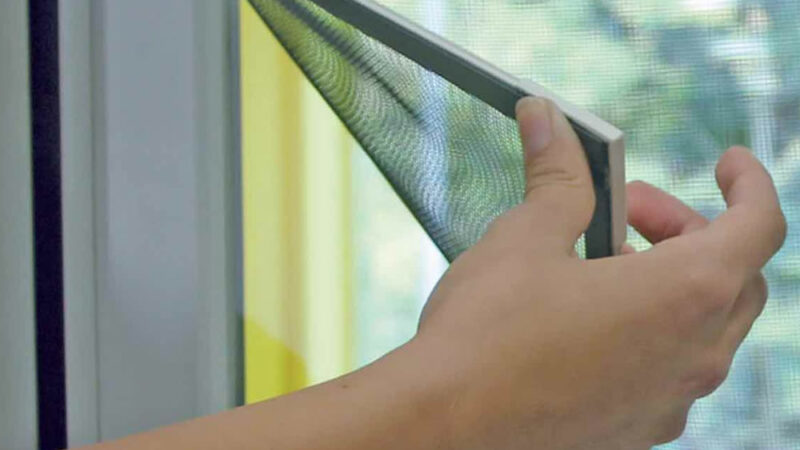Comprehensive Guide to Cleaning Solar Panels: Techniques and Best Practices
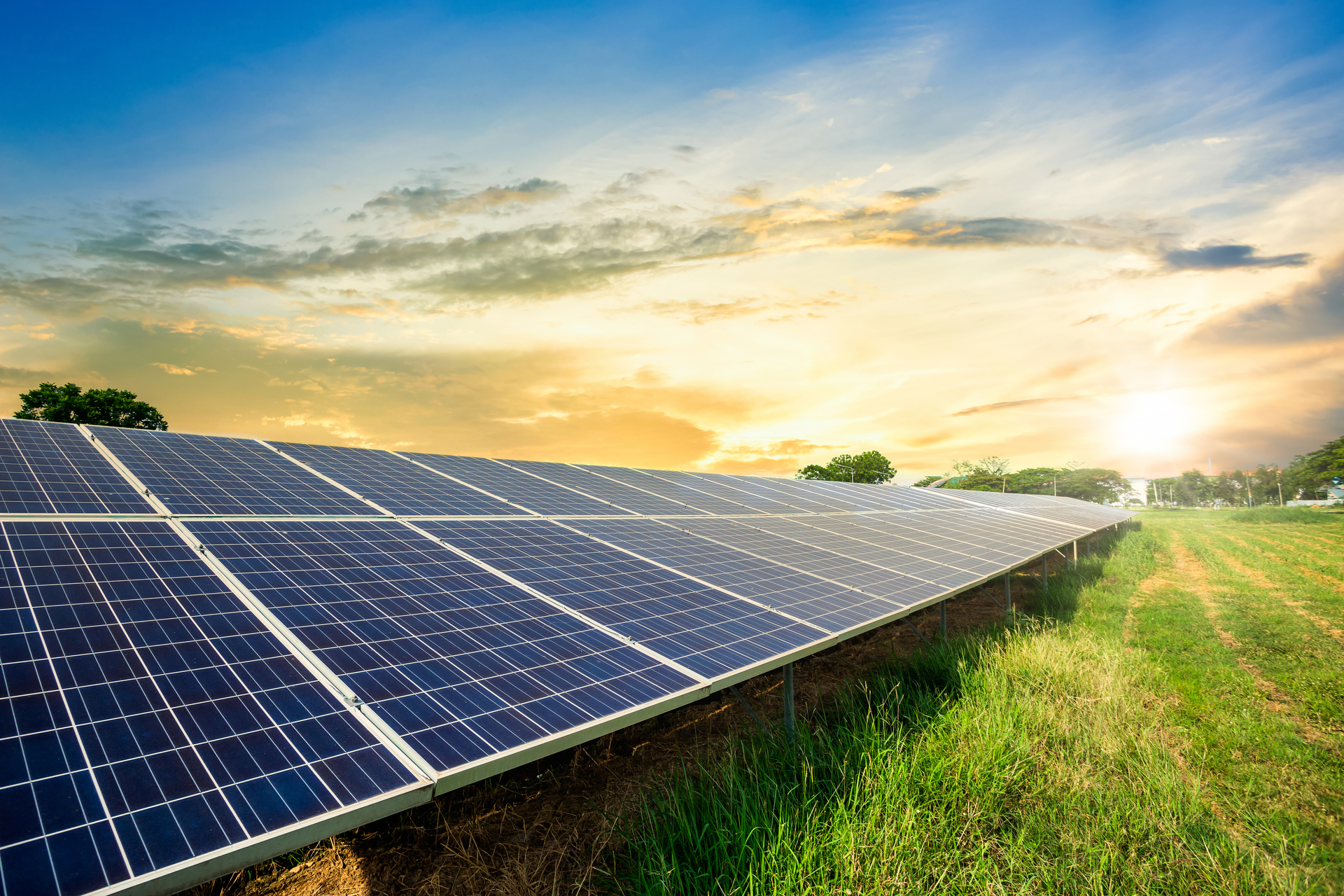
Solar panels are a significant investment in sustainable energy, but like any other part of your home, they require regular maintenance to function efficiently. Over time, dust, pollen, leaves, and other debris can accumulate on the panels and may significantly decrease their effectiveness. Understanding how to clean your solar panels safely and effectively is essential to maintaining their performance and longevity. This article, inspired by the expertise found on Solarmenj.com, offers a detailed guide on the best practices and techniques for solar panel cleaning.
Why Clean Solar Panels?
Solar panels are exposed to the elements, which means they get dirty quite easily. Dirt and debris can block sunlight and reduce your solar system’s electricity production by 15% to 25%. Regular cleaning ensures that your panels operate at optimal efficiency, ultimately saving you money on your energy bills.
Assessing Your Solar Panels
Before you start cleaning, it’s important to assess the condition of your solar panels:
- Check for Visible Debris: Note any accumulation of leaves, bird droppings, or heavy dust.
- Inspect for Damage: Look for any cracks or damage before washing, as water can seep into damaged areas and cause further issues.
- Safety First: Ensure that you can safely reach your panels. If your panels are installed high up, it might be safer and more efficient to hire professionals.
Cleaning Techniques and Best Practices
Cleaning solar panels is not complicated, but it requires careful attention to avoid damage. Here are some effective techniques and practices:
- Timing: It’s best to clean solar panels on an overcast day, early in the morning, or in the evening. Cleaning during strong sunlight can lead to quick drying, which may leave smears.
- Water Use: Use a hose to lightly spray the panels. For most panels, a gentle rinse will remove the majority of the dirt.
- Soft Brushes: If the panels are particularly dirty and water alone isn’t enough, use a soft-bristled brush to gently scrub the dirt away. Avoid hard materials that can scratch the surface of the panels.
- Soap Solution: If needed, use a mild, biodegradable soap mixed with water as a cleaning solution. Avoid harsh cleaning fluids that could damage the panels or harm the environment when rinsed off.
- Squeegee: After washing, use a squeegee to remove excess water and prevent mineral deposits from forming as the water dries.
When to Hire Professionals
While DIY cleaning is adequate for accessible solar panels, there are times when hiring a professional is the best choice:
- Hard to Reach Panels: If your panels are difficult to safely access, professional cleaners can perform the job without risk of injury.
- Electrical Issues: If you suspect any electrical problems or notice wiring issues, it’s safer to call in professionals who are trained to handle such situations.
- Annual Inspection: Even with regular personal maintenance, having your panels professionally cleaned and inspected annually is recommended to ensure there are no underlying issues.
Learning More About Solar Panel Maintenance
For more detailed information on maintaining your solar setup, including step-by-step cleaning guides, check out the Solar Panel Cleaning Guide provided by Solarmenj.com. This resource can offer more specific advice, particularly for different types of panels and more challenging setups.
Conclusion
Regular cleaning is crucial for maintaining the efficiency and lifespan of your solar panels. By following the guidelines outlined in this guide, you can ensure your solar panels remain in top condition, providing maximum energy output and efficient performance. Whether you choose to clean the panels yourself or hire professionals, keeping your solar panels clean is an essential part of their maintenance. Remember, a little care goes a long way in maximizing your investment in solar energy.



